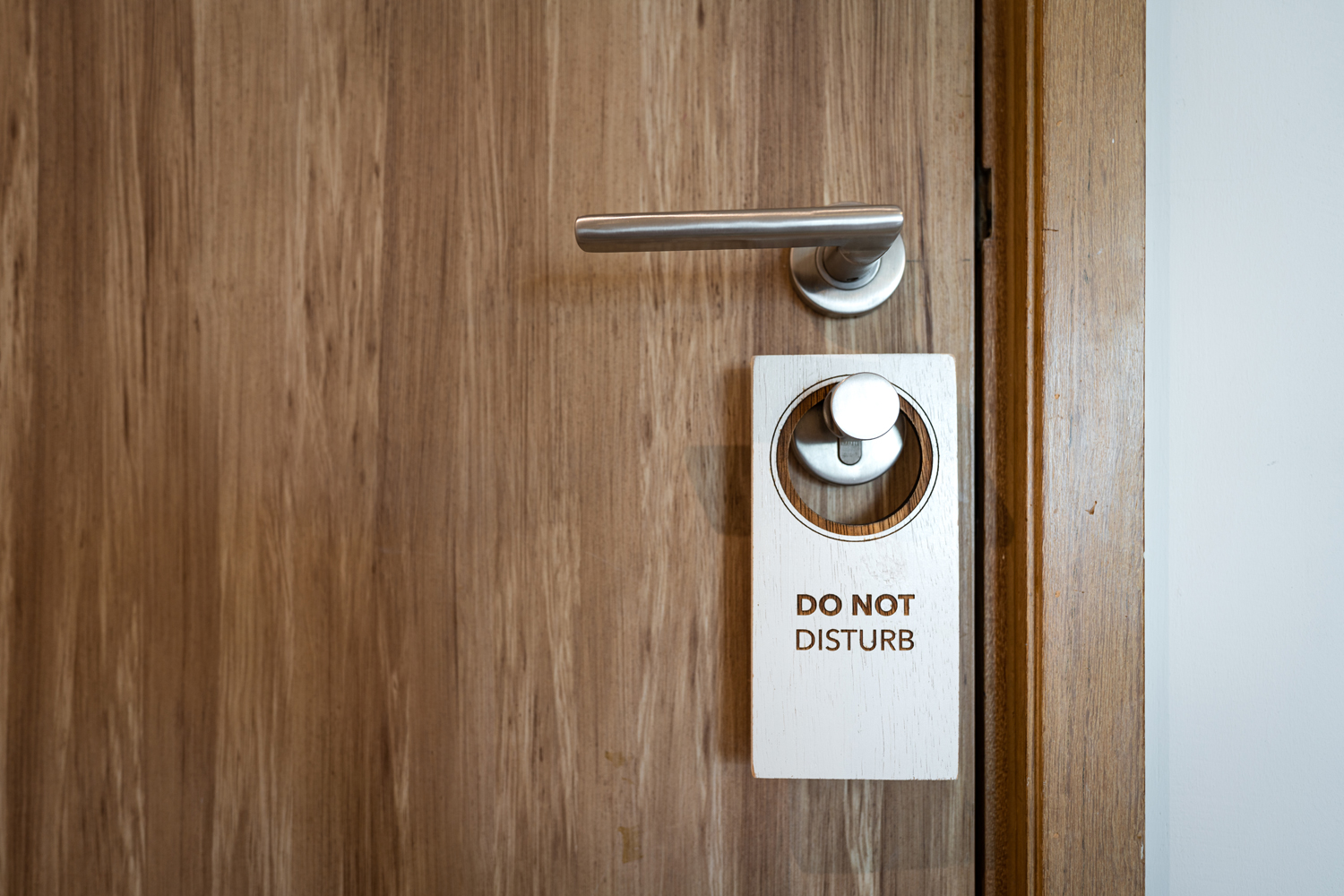
Jane Dabney, oncology social worker at the Cleveland Clinic
My father has been struggling with people asking to visit him often. How do I set boundaries for visitors without making anyone feel bad?
JANE DABNEY: The first thing to keep in mind is that people generally mean well. They don’t want to disrupt the life of the person with cancer or you as a caregiver. They don’t want to get in the way of the family situation. They just want to show they care and find ways to help if they can.
The issue is how to manage communication around your needs and the expectations of visitors. Using an online caregiving platform or app can be helpful. These platforms offer ways to communicate with many people at once so you don’t need to share information with each person individually. Instead of visiting in person, people who are thinking about your dad can go to these sites for updates on how he is doing, and they can leave messages for him there.
Another advantage of these platforms is that you can create schedules. If someone wants to come by with a meal, the schedules can help ensure that you don’t receive multiple casseroles at once. You may also want to create schedules to allow folks to volunteer to take your dad to appointments, help with errands or just play cards. If people call or ask to visit, you can direct them to these schedules to sign up.
Especially when visitors are people your dad is comfortable with, you may find you can take advantage of these times to get away and go to the grocery store or take a walk. The key is to be specific with visitors about your expectations of the visit. They should know that your dad isn’t there to entertain them. If he is tired or isn’t feeling well, he should never feel as though he needs to serve coffee or lunch.
Tell visitors that your father may feel up to chatting for a few minutes, but that they shouldn’t count on it. They will need to expect the unexpected. You may plan to have visitors at set times, and it may turn out that it’s not such a good day after all. Ask visitors to call or text before they come over or check for a message from you before leaving home to make sure the plans you’ve set in advance don’t need to change.
Another good way to ease the burden on you is to appoint a spokesperson—someone who’s not your dad or you to serve as a gatekeeper. A friend or other family member can help to take the pressure off you both. It may be easier for them than it is for you to set clear guidelines and ask for help when needed.
MANAGING VISITORS // Memorial Sloan Kettering Cancer Center has a guide for caregivers, including advice on how to get other people involved. // Edward-Elmhurst Health has cancer etiquette guidelines for people visiting a friend with cancer.
Cancer Today magazine is free to cancer patients, survivors and caregivers who live in the U.S. Subscribe here to receive four issues per year.





